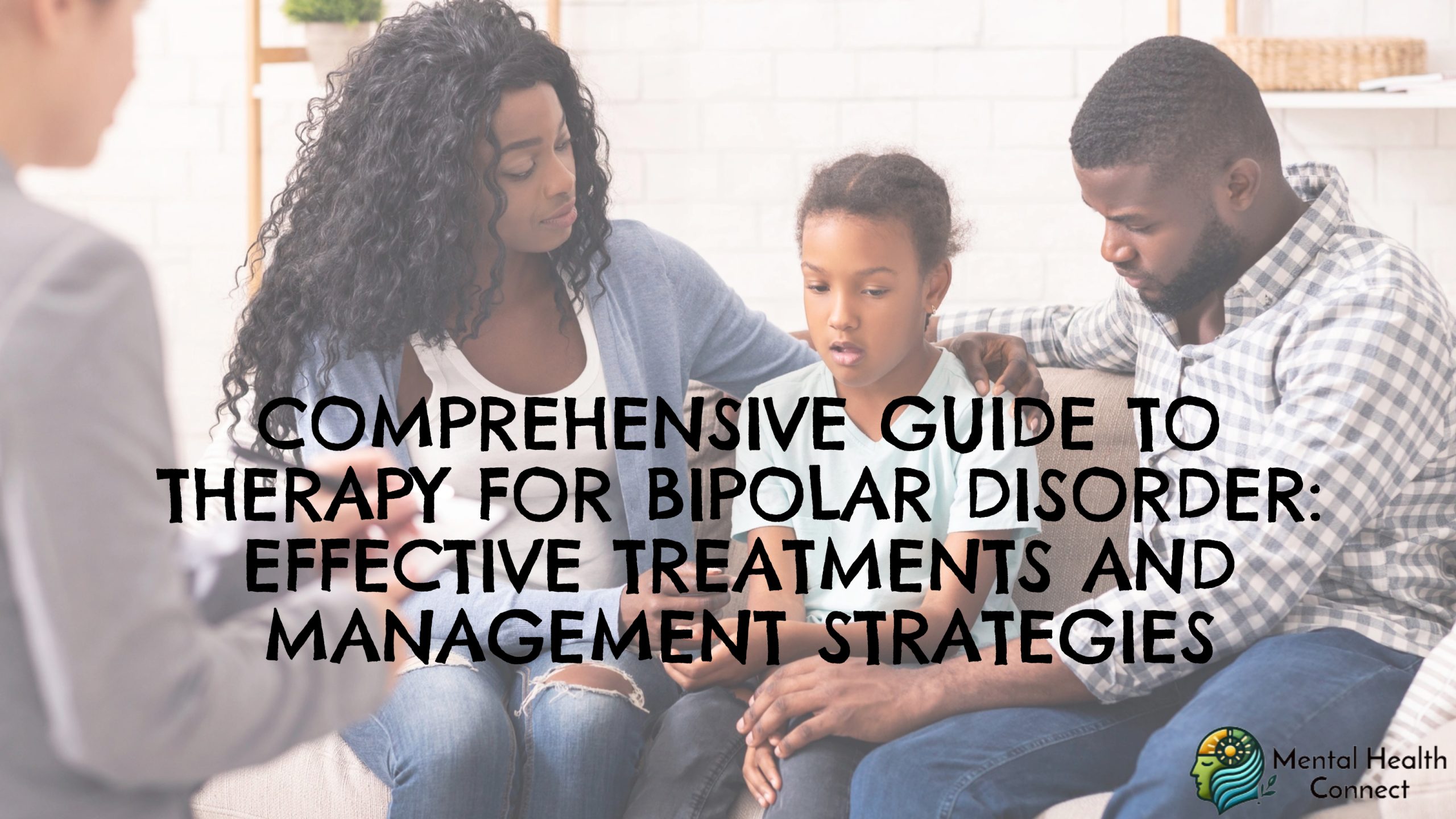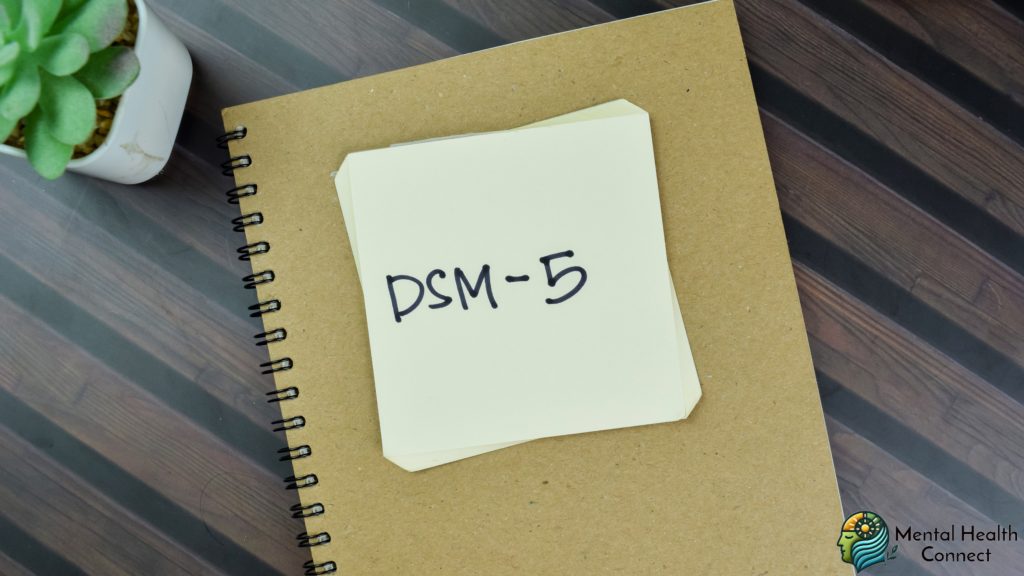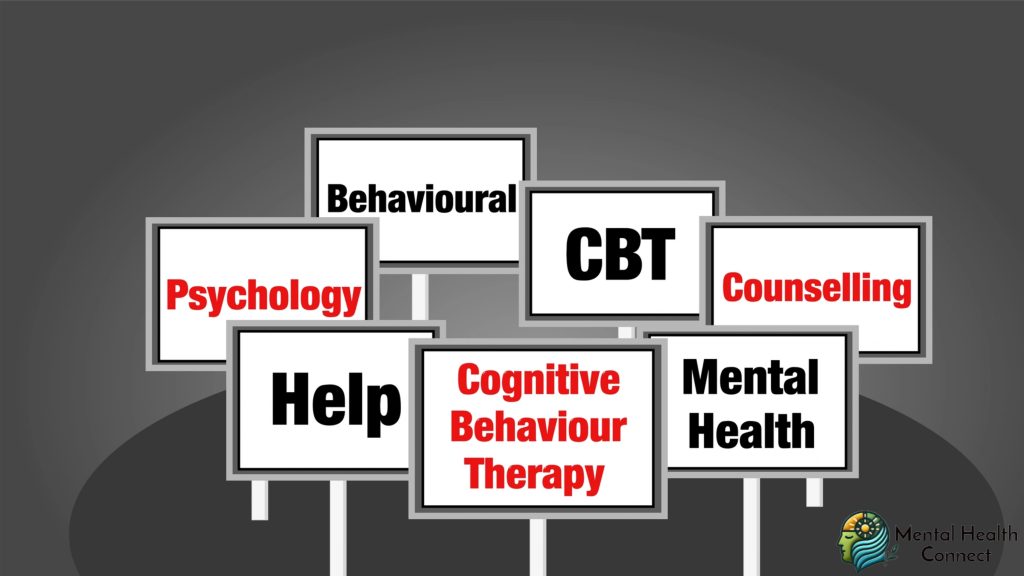Comprehensive Guide to Therapy for Bipolar Disorder: Effective Treatments and Management Strategies

Finding the right therapy for bipolar disorder can be life-changing for those living with this challenging mental health condition. Effective treatment approaches combine evidence-based psychotherapies, medication management, and lifestyle adjustments to help manage mood episodes and improve overall quality of life. This comprehensive guide explores the various therapeutic options available, their benefits, and how to develop a personalized treatment plan that works for you or your loved one.
Understanding Bipolar Disorder
Before diving into treatment options, it is important to understand what bipolar disorder entails. Bipolar disorder is a multifaceted mental health condition marked by intense fluctuations in mood, ranging from elevated states of mania or hypomania to deep periods of depression. These mood episodes can significantly affect daily functioning, relationships, and overall quality of life.
The DSM-5 Diagnostic Criteria for Bipolar Disorder

According to the Diagnostic and Statistical Manual of Mental Disorders (DSM-5), bipolar disorder is categorized into several types:
- Bipolar I Disorder: Characterized by at least one manic episode that may be preceded or followed by hypomanic or major depressive episodes.
- Bipolar II Disorder: Characterized by at least one hypomanic episode and one major depressive episode, but no full manic episodes.
- Cyclothymic Disorder: Characterized by many periods of hypomanic and depressive symptoms lasting for at least two years (one year in children and adolescents).
- Other Specified and Unspecified Bipolar Disorders: These categories include bipolar-like disorders that do not meet the criteria for the specific types above.
Understanding which type you have is crucial for figuring out the most effective treatment approach.
Comprehensive Treatment Approaches

Medication Management
Medication is often a foundational element in the treatment of bipolar disorder, playing a crucial role in stabilizing mood swings and managing symptoms.While this article focuses on therapy, it is important to note that most effective treatment for bipolar disorder includes both medication and psychotherapy.
Common medications include:
- Mood stabilizers: Such as lithium, valproate, and lamotrigine
- Antipsychotics: Such as olanzapine, quetiapine, and aripiprazole
- Antidepressants: Used cautiously and typically in conjunction with mood stabilizers
- Anti-anxiety medications: May be prescribed for short-term use during acute anxiety
Medication regimens are highly individualized and often require adjustment over time. Regular monitoring by a psychiatrist is essential for managing side effects and ensuring best effectiveness.
Psychotherapy Options

Cognitive Behavioural Therapy (CBT)
CBT is one of the most researched and effective psychotherapies for bipolar disorder. It helps individuals:
- Find negative thought patterns that may trigger or worsen mood episodes
- Develop strategies to challenge and reframe these thoughts
- Build coping skills for managing stress and symptoms
- Establish regular daily routines that promote mood stability
Research shows that CBT can reduce relapse rates, improve medication adherence, and enhance overall functioning. A typical course may include 12-20 weekly sessions, with periodic booster sessions as needed.
Interpersonal and Social Rhythm Therapy (IPSRT)
IPSRT aims to establish consistent daily routines while strengthening interpersonal connections to support emotional stability.This therapy is based on the understanding that disruptions in daily routines and relationship conflicts can trigger mood episodes.
IPSRT helps individuals:
- Establish regular patterns of daily activities (sleep, meals, exercise, social interactions)
- Find and manage potential triggers for rhythm disruptions
- Improve communication skills and resolve interpersonal conflicts
- Cope with significant life changes that might disrupt stability
Studies show that IPSRT can be particularly effective for preventing depressive episodes and improving social functioning.
Family-Focused Therapy (FFT)
Family-Focused Therapy recognizes the significant impact bipolar disorder has on family dynamics and leverages family support for better treatment outcomes.
FFT typically includes:
- Psychoeducation about bipolar disorder for family members
- Communication skills training to reduce high-emotion expressions
- Critical thinking skills to manage bipolar-related challenges
- Relapse prevention planning that involves family members
Research shows that FFT can reduce relapse rates, improve family functioning, and enhance treatment adherence, particularly for adolescents and young adults with bipolar disorder.
Dialectical Behaviour Therapy (DBT)
Originally developed for borderline personality disorder, DBT has shown promise for individuals with bipolar disorder, particularly those struggling with emotional regulation and impulsivity.
DBT focuses on:
- Mindfulness skills to increase awareness of emotional states
- Distress tolerance techniques to manage crisis situations
- Emotion regulation strategies to reduce emotional reactivity
- Interpersonal effectiveness skills to navigate relationships
DBT can be especially helpful for individuals with bipolar disorder who experience suicidal thoughts, self-harm behaviours, or substance abuse issues.
Group Therapy and Support Groups

Group-based interventions offer unique benefits through peer support and shared experiences:
- Psychoeducational groups: Provide structured information about bipolar disorder and its management
- Peer support groups: Offer emotional support and practical tips from others living with bipolar disorder
- Skills-based groups: Focus on developing specific coping strategies in a supportive environment
Organizations like the Depression and Bipolar Support Alliance (DBSA) and the National Alliance on Mental Illness (NAMI) offer both in-person and online support groups specifically for bipolar disorder.
Lifestyle Management and Complementary Approaches

Sleep Regulation
Sleep disturbances can both trigger and result from mood episodes. Establishing healthy sleep habits is critical for bipolar disorder management:
- Stick to a stable sleep schedule by waking up and going to bed at the same time daily, including weekends.
- Create a relaxing bedtime routine
- Limit exposure to screens before bedtime
- Create a sleep-conducive environment (dark, quiet, comfortable)
- Avoid caffeine, alcohol, and heavy meals before bedtime
Exercise and Physical Activity
Regular physical activity can help stabilize mood and reduce symptoms:
- Strive to engage in at least 30 minutes of moderate physical activity on most days to support overall well-being.
- Consider mind-body exercises like yoga or tai chi
- Use exercise to set up daily routines
- Be mindful of overexertion, which can potentially trigger mania in some individuals
Nutrition and Diet
While no specific diet has been proven to treat bipolar disorder, nutritional considerations include:
- Maintaining regular meal times
- Focusing on a balanced diet rich in omega-3 fatty acids, complex carbohydrates, lean proteins, and antioxidants
- Limiting caffeine, alcohol, and processed foods
- Staying well-hydrated
Stress Management
Stress is a common trigger for mood episodes. Effective stress management strategies include:
- Regular relaxation practices (meditation, deep breathing, progressive muscle relaxation)
- Time management and boundary-setting
- Engaging in enjoyable activities and hobbies
- Limiting exposure to known stressors when possible
Creating a Personalized Treatment Plan

The most effective treatment for bipolar disorder is typically a personalized approach that combines multiple strategies. Consider these steps when developing your treatment plan:
- Work with a specialized treatment team: Ideally including a psychiatrist for medication management and a therapist trained in evidence-based approaches for bipolar disorder.
- Find your specific needs: Consider your symptom patterns, triggers, and personal circumstances.
- Set realistic goals: Focus on manageable, incremental improvements rather than immediate perfection.
- Monitor your progress: Track mood patterns, medication effects, and therapy outcomes.
- Be prepared to adjust: Bipolar disorder management often requires ongoing refinement of treatment strategies.
Frequently Asked Questions About Bipolar Disorder Therapy
How can I determine the best therapy for my needs?
The best therapy approach depends on your specific symptoms, circumstances, and preferences. CBT is often a good starting point due to its convincing evidence base, but IPSRT might be more beneficial if you struggle with routine disruptions. Family-Focused Therapy can be particularly helpful when family relationships are affected. Consider trying different approaches, and do not hesitate to discuss options with your treatment provider.
How long will my therapy last?
Therapy duration varies widely based on individual needs. Initial intensive treatment might involve weekly sessions for several months, followed by less frequent maintenance sessions. Many people with bipolar disorder benefit from ongoing therapeutic support, even during periods of stability, to reinforce coping skills and prevent relapse. Think of therapy as part of your long-term wellness plan rather than a short-term intervention.
Can therapy replace medication for bipolar disorder?
For most people with bipolar disorder, therapy works best as a complement to medication rather than a replacement. While psychotherapy alone may be insufficient for managing acute manic or severe depressive episodes, it plays a crucial role in preventing relapse, improving functioning, and enhancing quality of life. Some individuals with milder forms of bipolar disorder may require less intensive medication with strong therapy support.
What if I cannot afford regular therapy?
If cost is a barrier, consider these alternatives:
- Community mental health centers offering sliding-scale fees
- Training clinics at universities where graduate students provide therapy under supervision
- Group therapy options, which are typically less expensive than individual therapy
- Online therapy platforms, some offering reduced rates
- Peer support groups, which are often free
- Self-help workbooks based on evidence-based approaches like CBT
How do I support a loved one in therapy for bipolar disorder?
Supporting a loved one might include:
- Learning about bipolar disorder to better understand their experiences
- Encouraging medication adherence and therapy attendance
- Recognizing and respectfully communicating about potential mood changes
- Participating in family therapy if invited
- Taking care of your own well-being to prevent caregiver burnout
- Being patient during the treatment process, as finding the right approach can take time
Therapy for bipolar disorder is most effective when part of a comprehensive treatment approach that includes medication, lifestyle management, and social support. The right therapeutic interventions can help individuals understand their condition better, develop essential coping skills, set up mood-stabilizing routines, and improve relationships. While bipolar disorder is a chronic condition, with proper treatment and support, most people can experience significant symptom reduction and lead fulfilling lives. If you or someone you love is struggling with bipolar disorder, reaching out for professional help is the first step toward stability and well-being.
-
 How to Support Someone with OCDApril 17, 2025
How to Support Someone with OCDApril 17, 2025 -


Leave a Reply